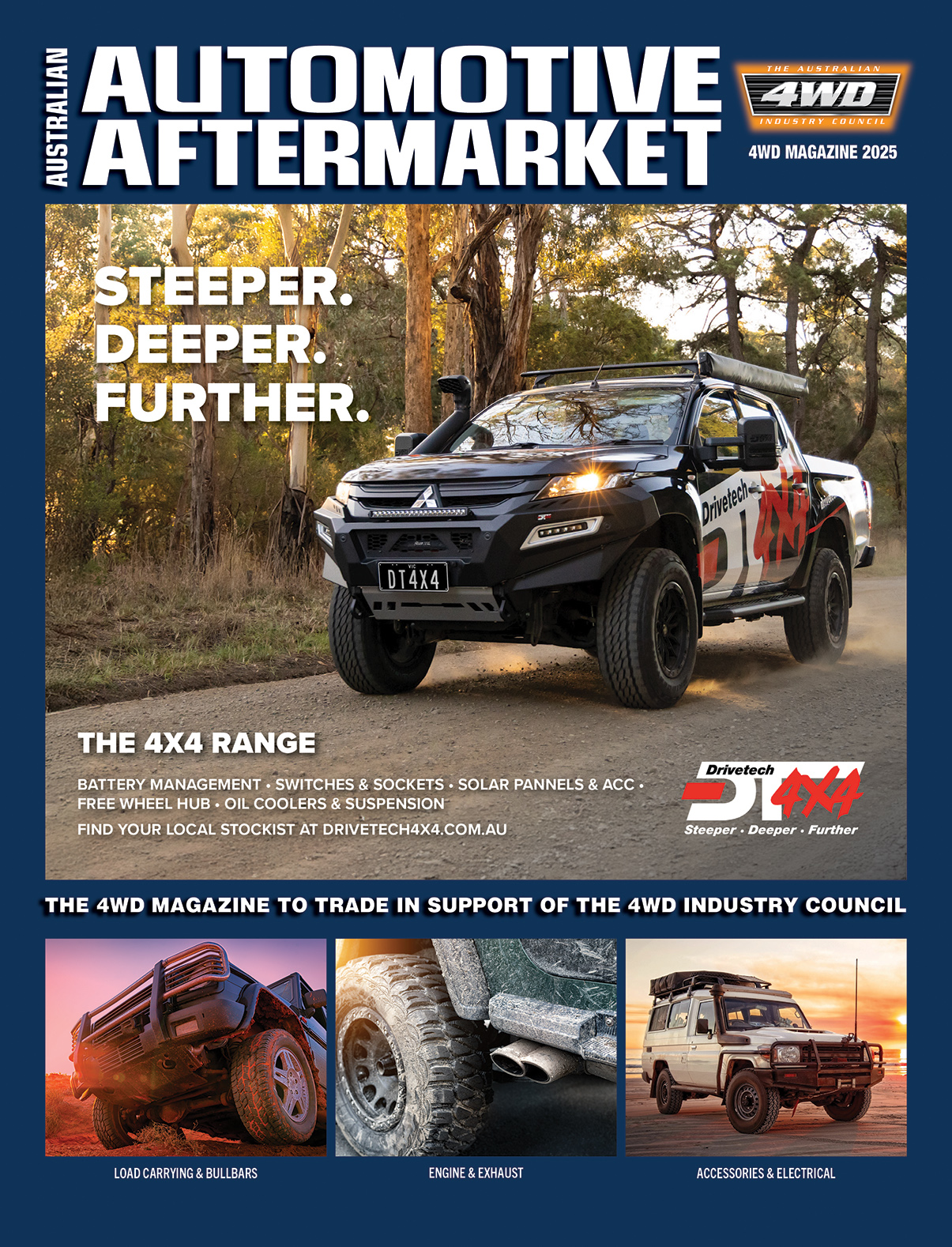AUSTRALIAN SOLAR CAR ACHIEVES GUINNESS WORLD RECORD
The “Fastest EV over 1000km on a single charge” drives with Bilstein shocks

On 17 December 2022, a project group of students from the University of New South Wales (UNSW) gave themselves an early Christmas present.
Their Sunswift 7 became the first electric car in the world to cover a distance of 1,000 kilometres in under 12 hours without stopping to charge.
In the meantime, this enormous achievement has also been confirmed by Guinness World Records.
Part of the electric power was generated by solar cells on the car body while driving. The technical highlights of the project also include customised Bilstein shock absorbers, which were assembled from individual parts by the Bilstein Service Centre, Sydney Shocks.
While they were installed on the rear axle in a classic arrangement, they are positioned transversely at the front.
The shock absorbers are a small but important piece of the puzzle in this project. Optimum vehicle height, for example, makes a decisive contribution to aerodynamics.
Furthermore, Bilstein explains it is important to avoid unnecessary body movements and a deviation from the ideal line: because both mean unnecessary energy losses.
So, Bilstein says it is no wonder that this is not the first time it has been involved in the development of a solar racing car on the suspension side.
The ambitious Sunswift 7 project, on which 50 students worked for around 18 months under the direction of Professor Richard Hopkins, has a practical goal: to show how efficiently you can build a car with an electric drive.
Of course, the puristic record-breaking vehicle cannot quite be compared with series-production cars, but the data can make one sit up and take notice: at 500 kg, Sunswift 7 weighs only about a quarter of a typical production e-car.
Added to this are the highest possible efficiencies in the drive train and top values in terms of aerodynamics (cW value 0.095) and rolling resistance.
Professor Hopkins won four F1 world titles while Head of Operations at Red Bull, but ranks this Guinness record just as highly.

“During this record, the energy consumption was just 3.8 kWh/100km, whereas even the most efficient EVs on the road today only achieve a rating of 15kWh/100km and the average is around 20kWh/100km,” Professor Hopkins said.
“Sunswift 7 isn’t a production car of the future, since we’ve compromised on comfort and the cost is prohibitive.
“But we have shown that if you want to make cars more efficient, more sustainable, more environmentally friendly; then it is possible.”
The record drive was carried out on the premises of the Australian Automotive Research Centre (AARC) in Wensleydale, Victoria.
The solar racer completed a total of 240 laps or 1,000 kilometres on the test track, which is more than the distance between Sydney and Melbourne.
With an average speed of 84.25 km/h, the solar car had initially approached the new record bit by bit without any problems – but then the dream suddenly threatened to burst: due to a software error in the battery management, an involuntary stop had to be made.
According to the regulations, the team had a maximum of 15 minutes to repair the damage. Like in a James Bond film, the clock ticked inexorably backwards and with just eight seconds before timeout, the Sunswift 7 was running like clockwork again.
The targeted 12-hour mark was finally getting closer and closer and driver changes as well as fixing a puncture had cost further valuable time.
But in the end, it all worked out and Sunswift 7 finally reached the finish line after 11 hours, 52 minutes and eight seconds.
These figures are already the corrected data, which the editors of Guinness World Records had determined on the basis of the raw data which means that the new record has now also been officially confirmed.
“It feels very weird to think that we’ve helped make something that’s the best in the entire world,” Sunswift Team Manager Andrea Holden, who is a Mechanical Engineering student at UNSW Sydney, said.
“Two years ago, when we started to build this car, everything was going into lockdown, and there were a lot of difficult moments.”
But the record is far from the end of the journey. Work on Sunswift 8 has already begun – and suspension manufacturer Bilstein has also pledged its support again.
For more from Bilstein, visit www.bilstein.com
Photos: Copyright Bilstein 2023.









